Introduction to Resin Impregnation Machines
Resin impregnation machines are essential in the manufacturing sector, providing a solution for enhancing the mechanical strength and sealing properties of porous materials. These machines are pivotal in industries where material integrity is paramount, such as in automotive, aerospace, and electrical components manufacturing.
Types and Applications
Resin impregnation equipment varies from vacuum to pressure and vacuum-pressure systems, each serving distinct purposes. Vacuum impregnation machines are typically used for electrical components, ensuring insulation and integrity. Pressure impregnation machines, on the other hand, are often employed in enhancing the durability of metal castings and composites. The vacuum-pressure impregnation machines combine both methods, offering a versatile solution for a wide range of applications.
Features and Materials
The construction of a resin impregnation system involves robust materials capable of withstanding harsh industrial environments. Stainless steel is commonly used for its resistance to corrosion and ease of maintenance. Advanced models feature automated process controls, enhancing precision and efficiency in impregnation processes.
Advantages of Using Resin Impregnation
Incorporating a resin impregnator into production lines can significantly improve product quality. The process effectively seals porosities without altering the component's dimensions, leading to enhanced product reliability. Moreover, the use of a resin impregnation unit can extend the lifespan of components by protecting them from environmental factors such as moisture and chemicals.
Selection Considerations
When selecting a resin impregnation machine, it is crucial to consider the specific requirements of the intended application, such as the size of the components to be impregnated and the type of resin used. Additionally, the machine's compatibility with existing production lines and its throughput capabilities should align with the operational demands.
Environmental Impact and Efficiency
Modern resin impregnation machinery is designed with environmental impact in mind. Energy-efficient models reduce operational costs and contribute to sustainability goals. Furthermore, the closed-loop systems minimize resin waste and ensure safe operation, aligning with environmental regulations and workplace safety standards.
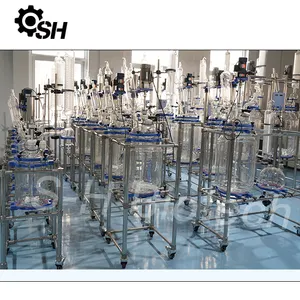

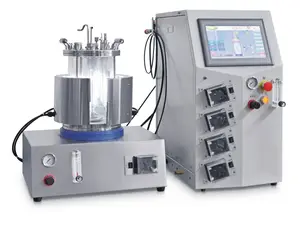







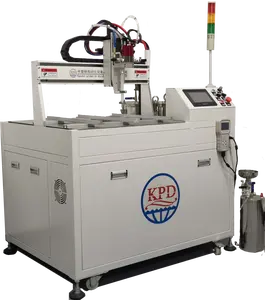



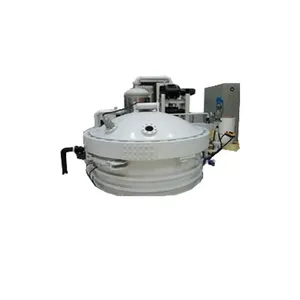

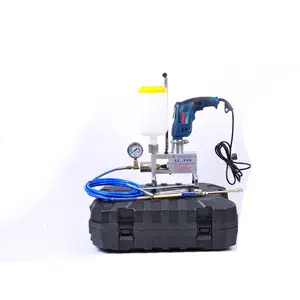


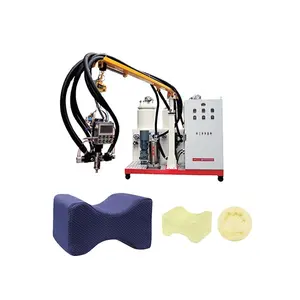





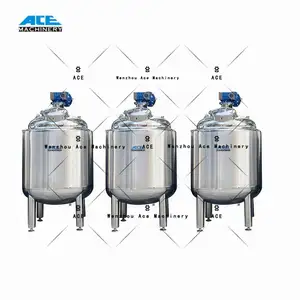
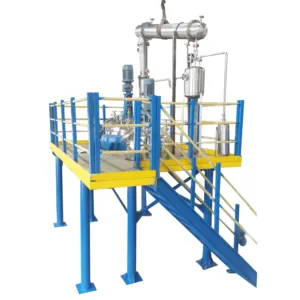

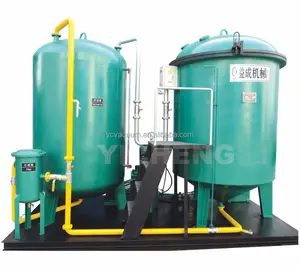
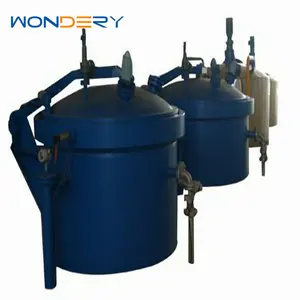

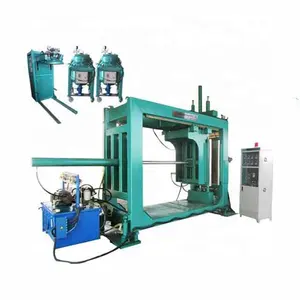






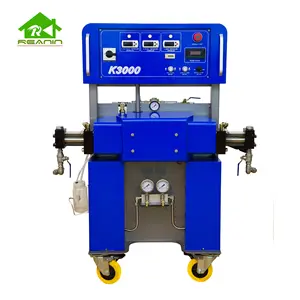
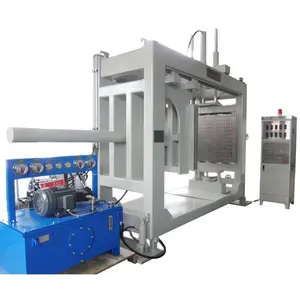
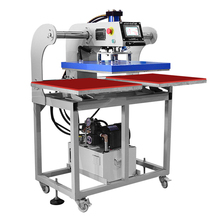
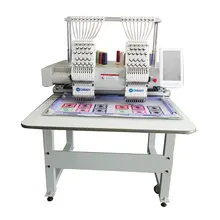



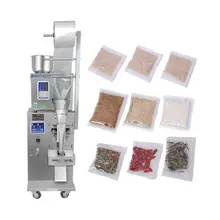




























 浙公网安备 33010002000092号
浙公网安备 33010002000092号 浙B2-20120091-4
浙B2-20120091-4